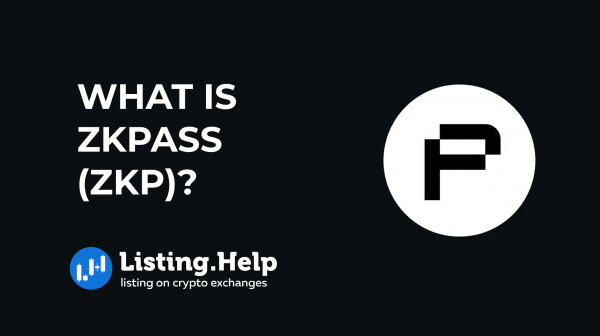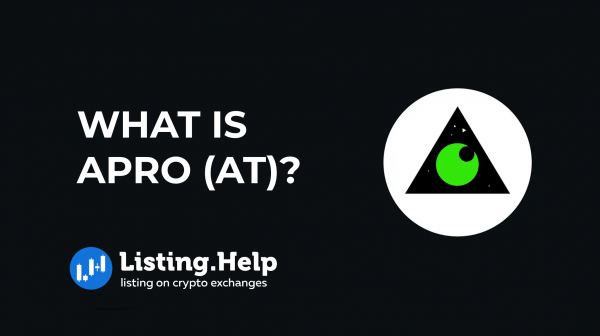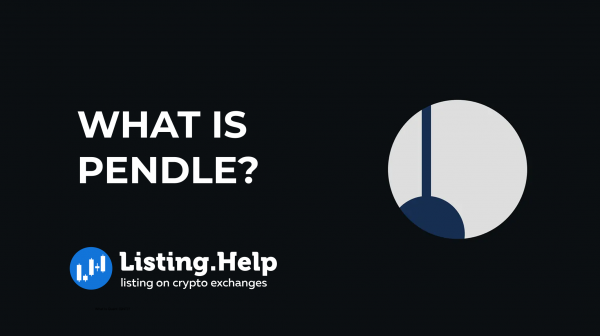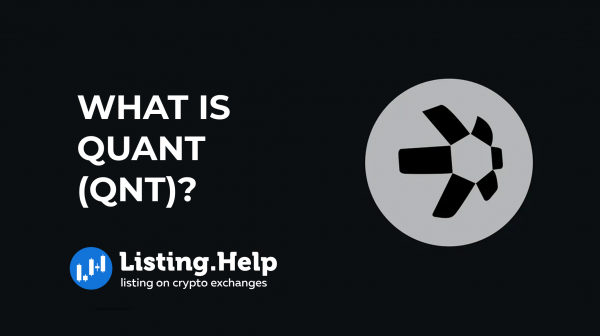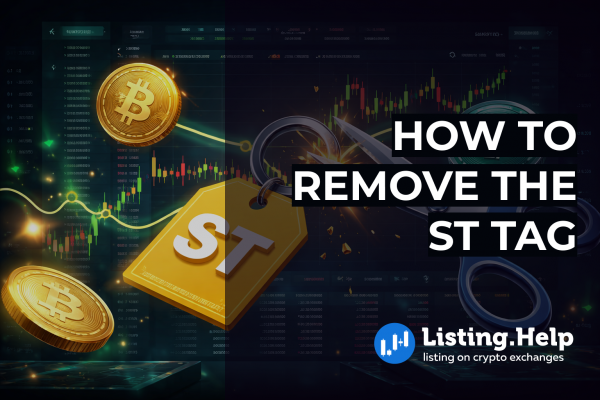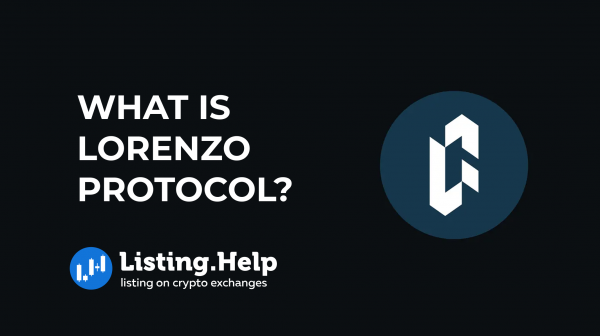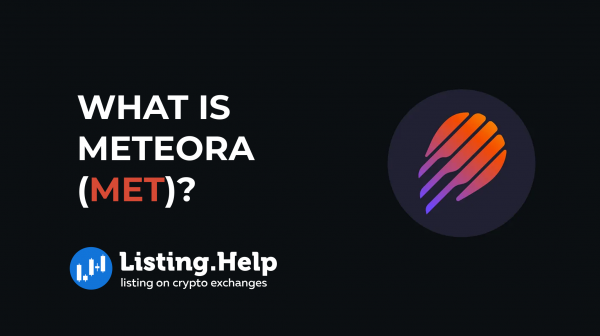How to Secure Your ICO: Best Practices for Development
 December 10, 2024
December 10, 2024 Updated: April 17 2025, 11:59
Updated: April 17 2025, 11:59
LEAVE A REQUEST
Launching your own token project? Our experts are ready to help with listing on exchanges, market making, marketing and other solutions
SUBMIT APPLICATIONIntroduction
Cryptocurrency ICOs have become an important tool for blockchain startups, helping them to attract significant investment and bypass traditional funding methods. However, with new opportunities have come new risks, particularly in the area of cybersecurity. Phishing schemes and vulnerabilities in smart contracts cause millions, even billions, of dollars in losses every year. That’s why protecting a project is a top priority for many project owners. ICO security is a strategic imperative that helps to avoid financial losses, comply with all legal requirements and enhance the project’s reputation.
In this article, we will look at the most common security threats when launching an ICO, as well as simple ways to keep your project safe.
Common Security Threats in ICO Development
The launch of an ICO is often the target of cyber attacks. Therefore, before launching a token, it is important to understand what could threaten your project and develop a robust defence strategy in advance.
Phishing Attacks
One of the most common threats during an ICO is phishing attacks. Attackers may set up fake fundraising websites, send emails or create social media profiles to steal investors’ assets or identities.
Some of the key signs of a phishing attack include
- Fake pages that imitate the official token sale website.
- Sending emails to potential investors asking them to provide confidential information or transfer money to participate in the ICO.
- Sending messages on social networks encouraging investors to invest in ICOs and transfer funds to fake wallets.
To prevent phishing, it is important to educate your users about possible phishing threats and only use official communication channels to send messages.
Smart Contract Vulnerabilities
Smart contracts play an important role in ICOs and are responsible for the automated distribution of tokens and transaction management. However, the lack of a passed smart contract audit or bugs in the code can lead to critical vulnerabilities that can be exploited by attackers. These could include
- Re-entry attacks, where attackers use the contract function to withdraw funds multiple times.
- Overflows or integer flaws, where calculation errors can allow attackers to change your balance.
To avoid smart contract vulnerabilities, it is important to test code regularly, use trusted platforms for code development and testing, and if possible, get audited by a trusted auditing firm.
DDoS Attacks
DDoS attacks can also be a serious problem. Attackers can overload the project’s servers with artificial requests that partially or completely stop the project’s website or service from working, leaving investors and users without access to the project.
If you are running a token sale, a DDoS attack can hinder fundraising and reduce trust in the project.
Signs of a DDoS attack may include
- A sudden increase in traffic;
- Server crashes during periods of high load;
- Inaccessibility of the website or platform hosting the ICO.
To protect against DDoS attacks and to make server operations more stable, you can use cloud protection services, load balancers and backup servers.
Insider Threats
Data leaks within the team and other unauthorized actions by employees can cause serious problems when the token is launched, as well as significant damage to the project. For example, team members could take sensitive data for personal use. Or insufficient segmentation of data access could allow attackers to extract critical information about the project.
To prevent insider threats, it is important to limit employee access to sensitive data and use a system to monitor activity while the team is working.
Investor Scams
Attackers may impersonate members of the project team and use fake ICO pages or wallets to steal funds from investors looking to invest in the project.
To prevent fraud, the project team should ensure that investors authenticate all of their communication resources and notify them of new threats or active malicious activity.
Best Practices to Secure ICO Development
It is important to follow technical and organisational security measures to mitigate the risks of a threat and protect your ICO.
Conducting a Comprehensive Security Audit
An audit of the smart contracts, web platform and servers should be conducted prior to the launch of the offering in order to identify and remediate bugs and vulnerabilities in the code at an early stage. An audit will help identify vulnerabilities early and minimise the occurrence of threats in the future.
You can use the services of established auditing companies to audit smart contracts and other infrastructure.
You can also conduct security audits of websites and all project wallets, and finish by verifying that technical processes comply with security standards.
Ensuring Legal Compliance
When launching an ICO, your project must comply with all the legal requirements in the jurisdictions in which you plan to raise funds from investors. This process includes
- Registering the project with local authorities;
- Publishing a transparent white paper;
- And complying with KYC and AML regulations, which are user verification and anti-money laundering measures.
Two-Factor Authentication (2FA) for Users
To increase the protection of user accounts and project developers, it is important to use two-factor authentication. This reduces the risk of accounts and wallets being hacked.
Securing Wallets and Transactions
It’s worth thinking about wallet and transaction security in advance, using secure wallets such as hardware devices or multi-signature, encrypting transactions and checking regularly that they meet all security standards.
Using Secure Development Platforms
When writing smart contracts, developers should preferably use proven platforms such as Binance Smart Chain, Solana, Ethereum or other popular networks. They offer proven tools and standard libraries that significantly reduce the likelihood of errors in the code, as well as a high level of compatibility with existing blockchain infrastructure. Developers will be able to use smart contracts with other tools for testing, analysis and security.
Employing Anti-DDoS Protection
To defend against DDoS attacks, you can use specialised tools that include
- Cloud-based solutions to filter all incoming traffic. For example, Cloudflare can be such a solution.
- A load balancer that can prevent servers from becoming overloaded.
- And backup servers that allow the project to remain consistently available despite various external threats.
Steps to Protect ICO Investors
Transparent Communication Channels
To protect investors, it is important to use official communication channels, such as verified social media accounts and encrypted mailings. These help to minimise the risk of false information being disseminated to investors.
Verification of Project Authenticity
The project team should give potential investors full access to official project documents: licences and legal documents. Timely updating of information about the project can also increase user confidence and awareness.
Educating Investors about Potential Scams
Investors need to be aware of possible scams, so the project team needs to provide timely information and regular reminders about scams and how to spot them. Audience awareness will help prevent loss of funds and increase confidence in the project.
Conclusion
Security when launching an ICO is the foundation for a successful project launch. Every detail listed in this article is important and affects the overall security of the project: from protecting smart contracts to reliable and trustworthy communication between the project team and users.
Use best practices to fight fraudsters. Start by conducting an audit of your entire project infrastructure to build a solid foundation for future launches.
And if you need help listing your token, you can use the Listing.Help listing agency. We help to speed up the process of listing and negotiating with exchanges by 5 times compared to listing on your own. We will also help your project to build the right positioning, select relevant crypto exchanges to launch your token, prepare the project to meet the requirements of the selected crypto exchanges, build a marketing strategy to attract investors, as well as help with the development of the project after listing.

For more insights and updates on the crypto world, don’t forget to check out our blog at Listing.Help




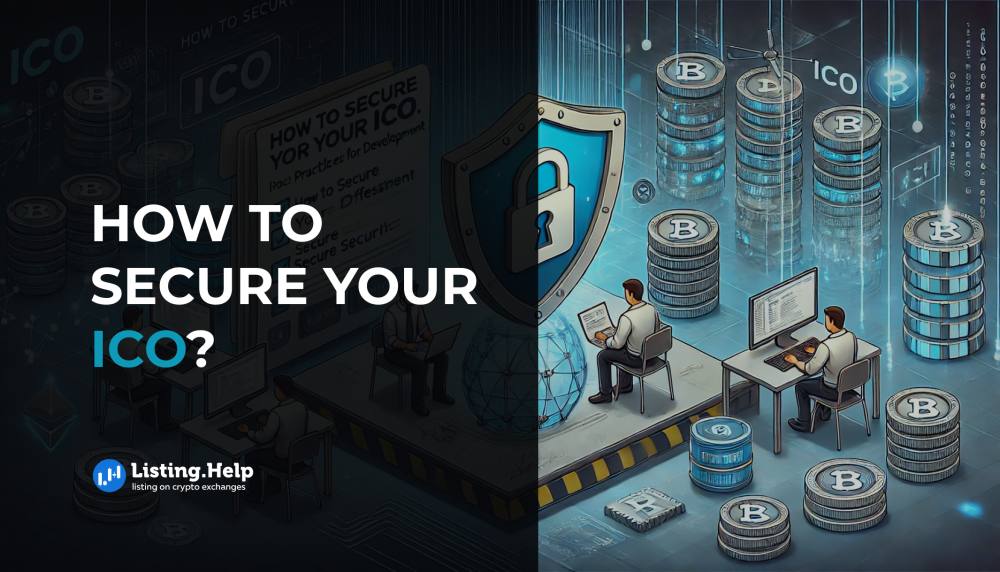

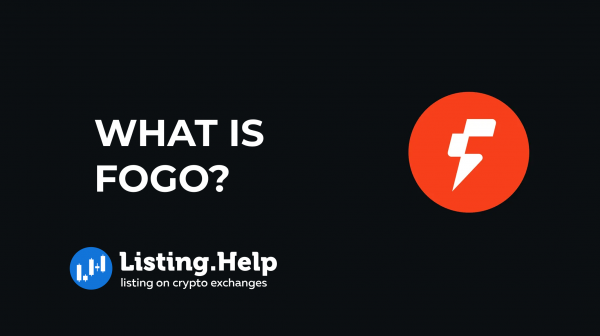
 February 23, 2026
February 23, 2026 